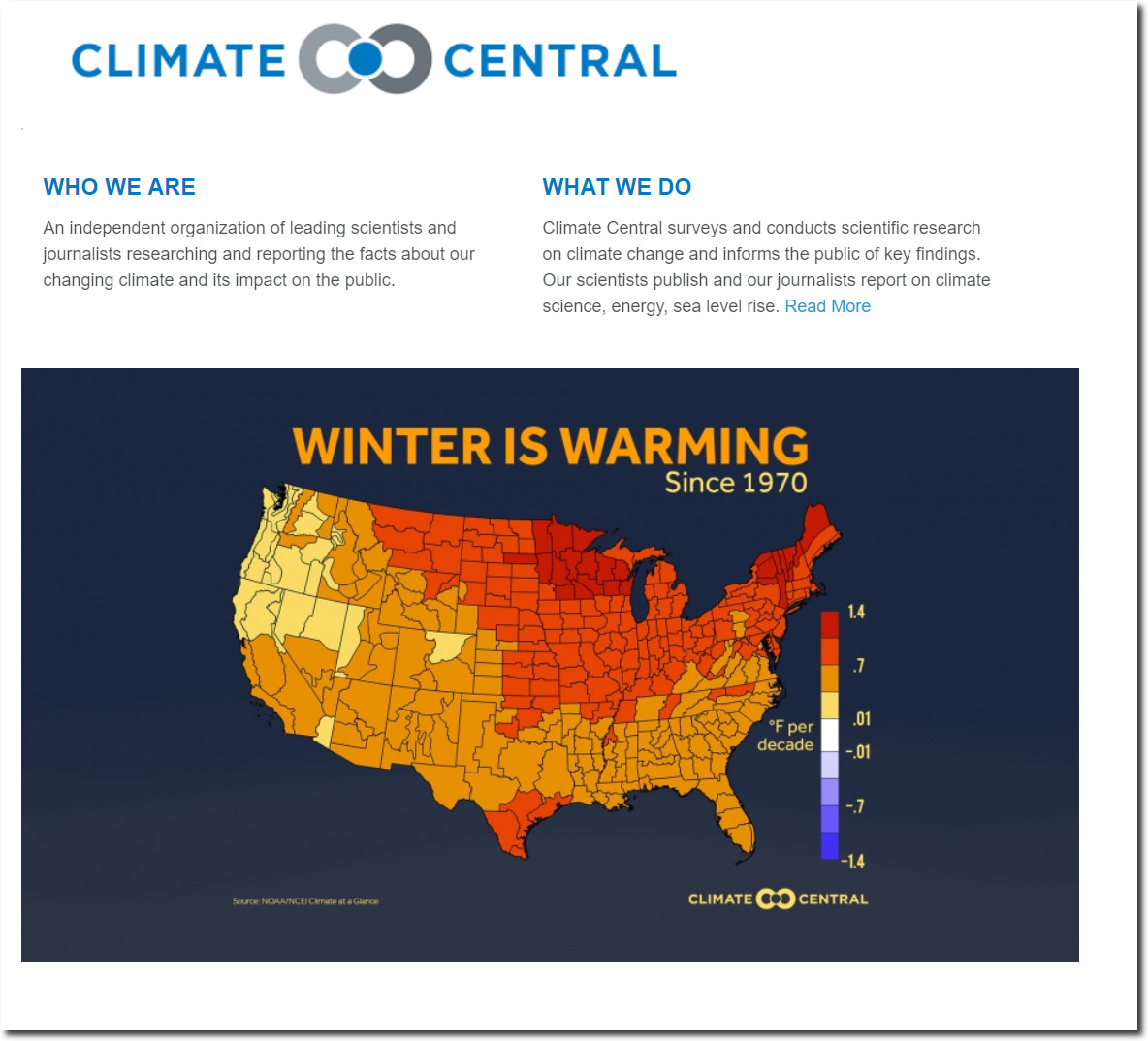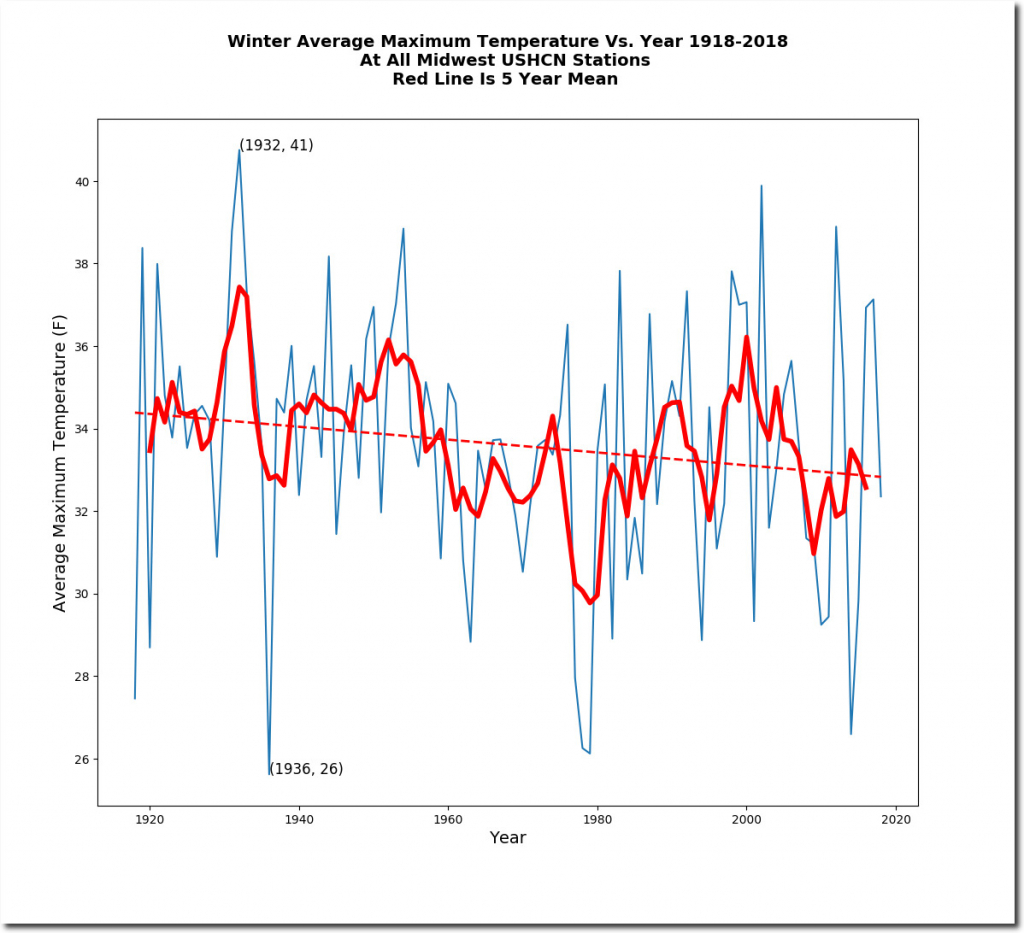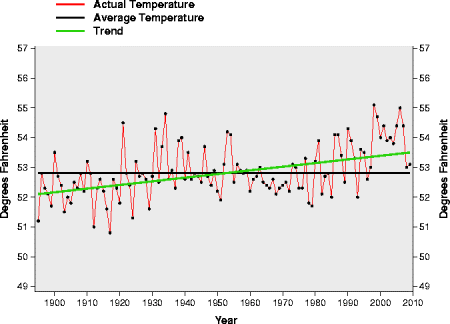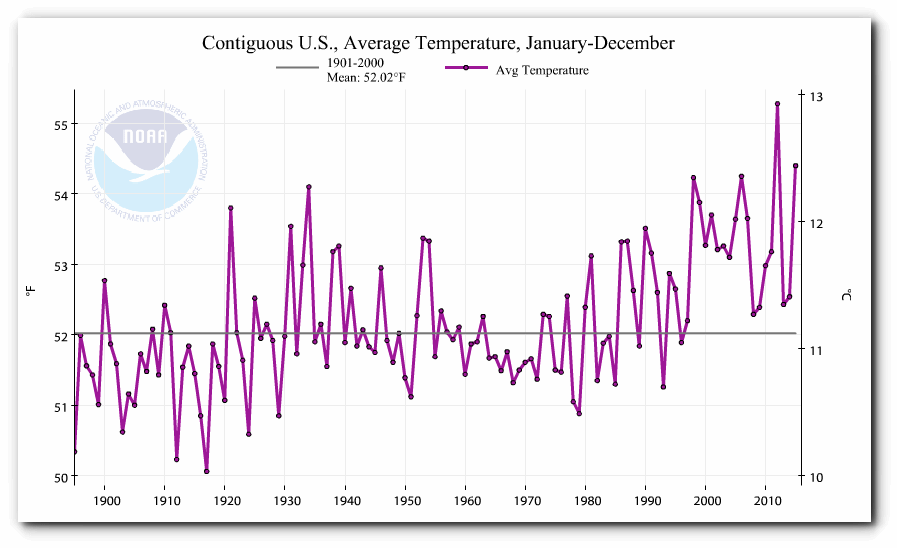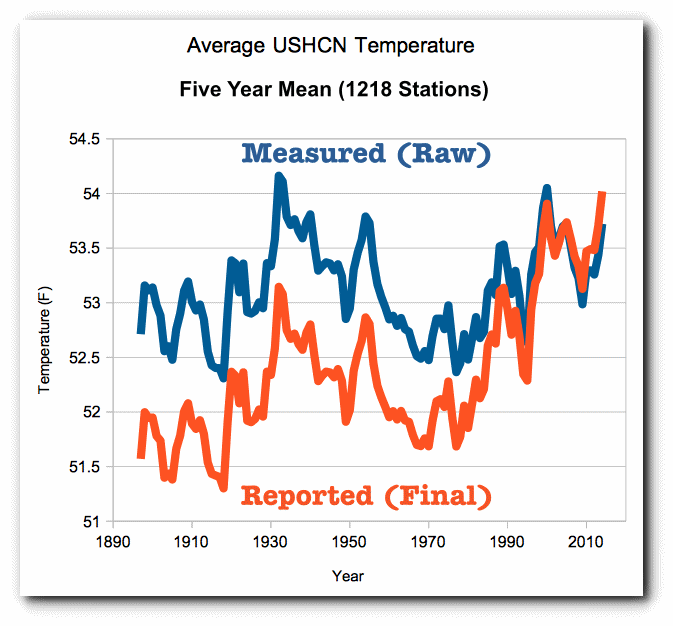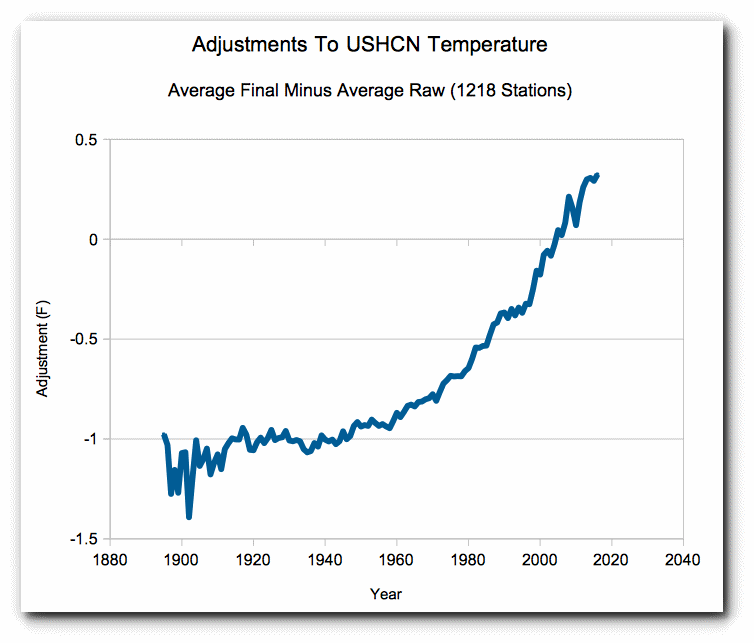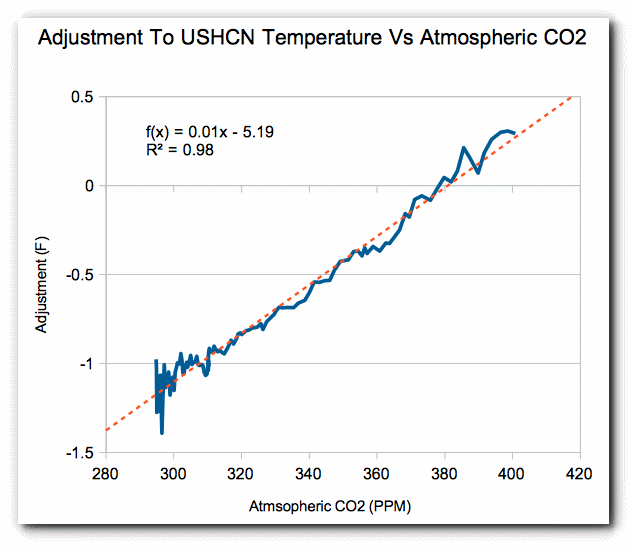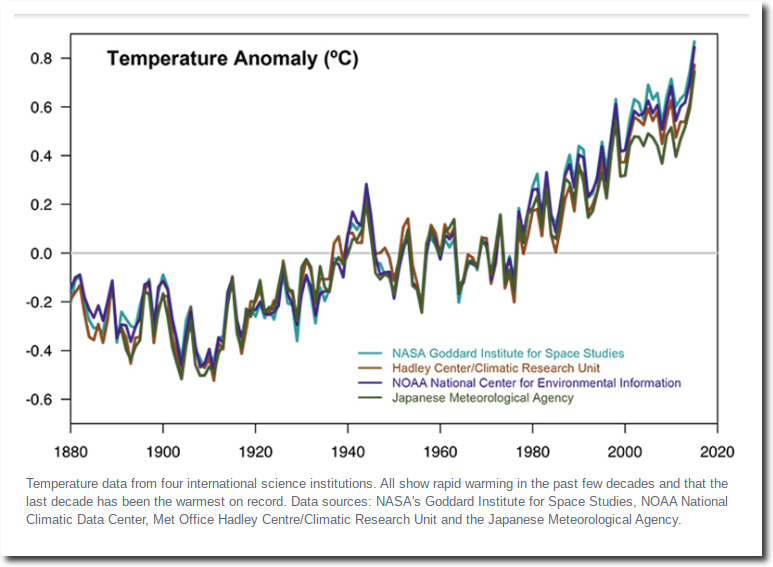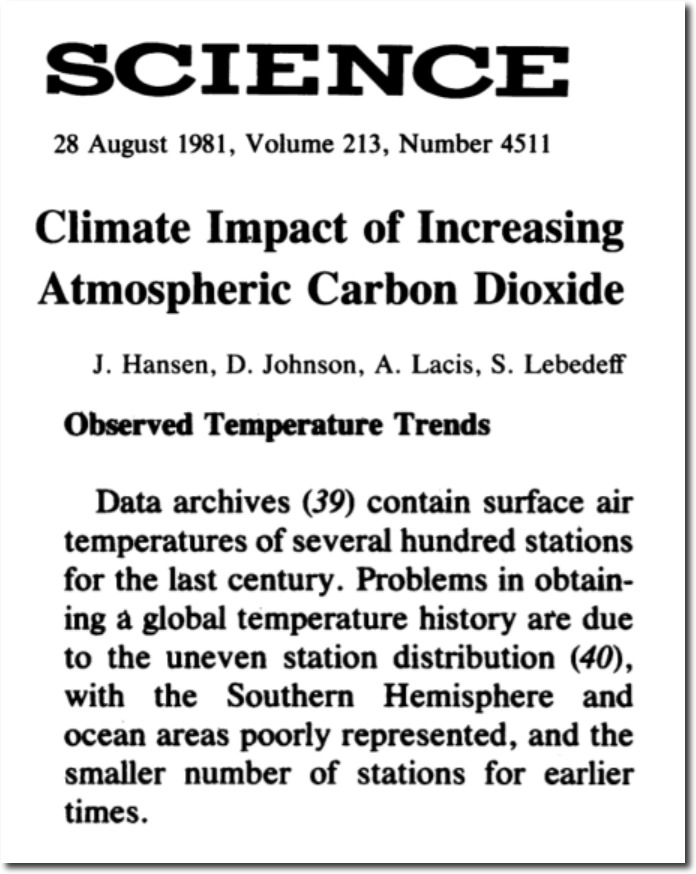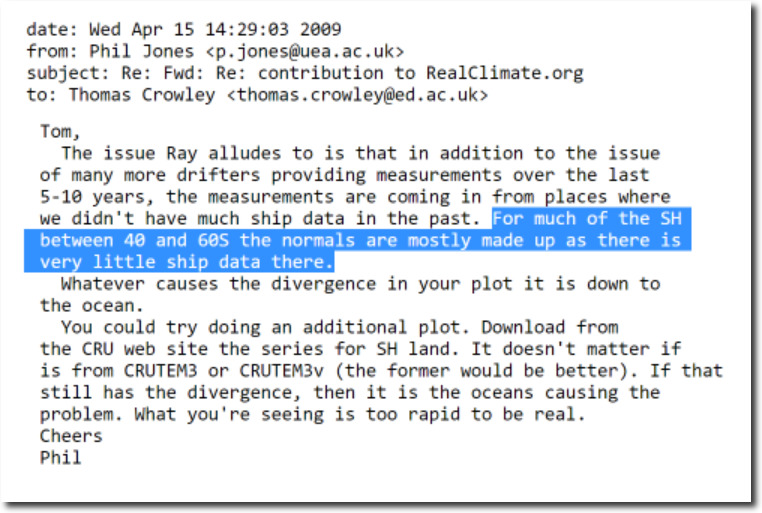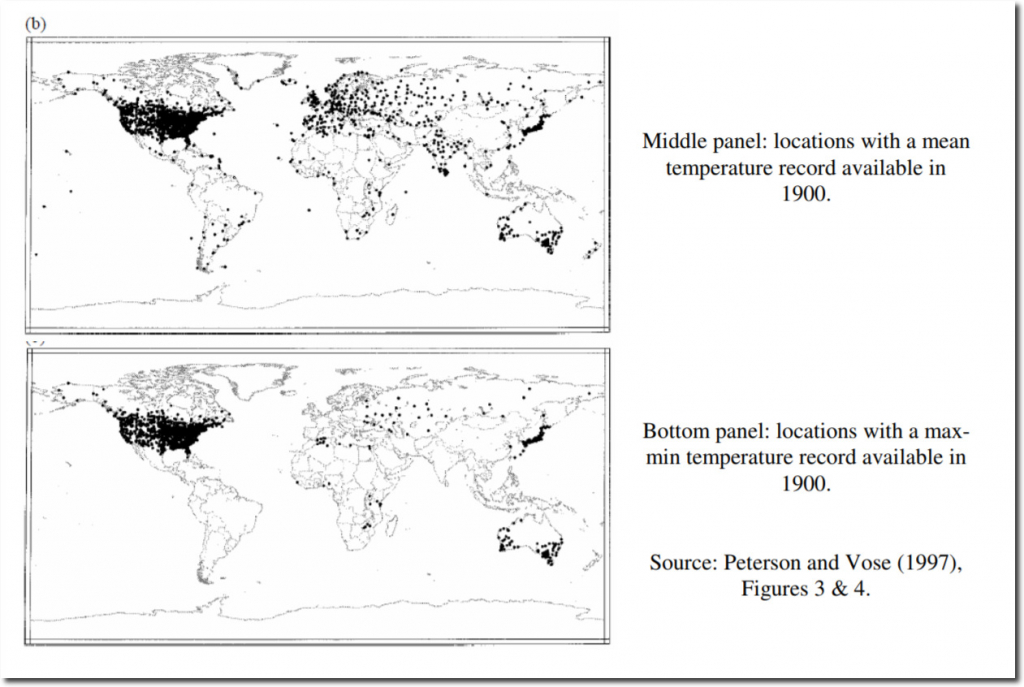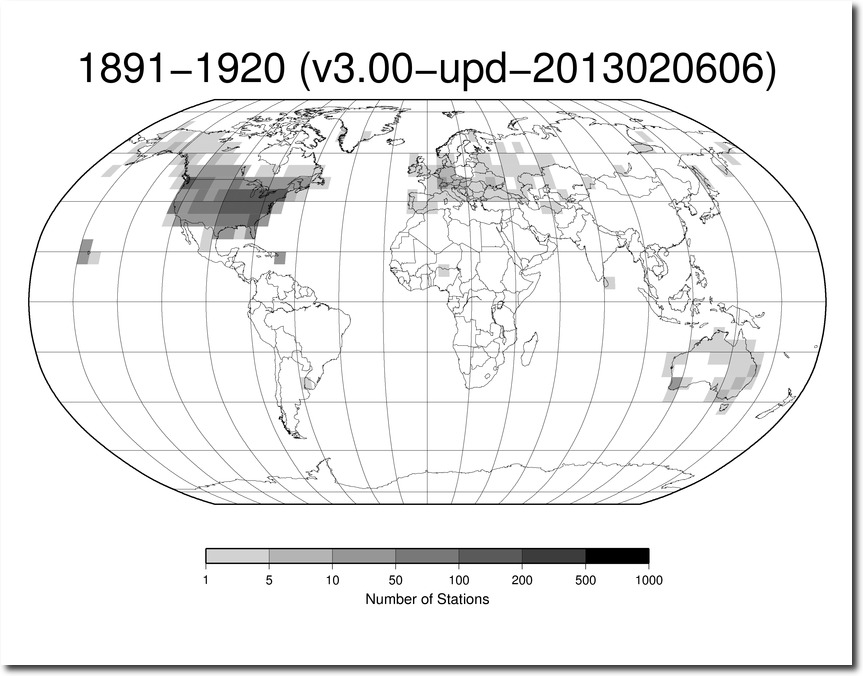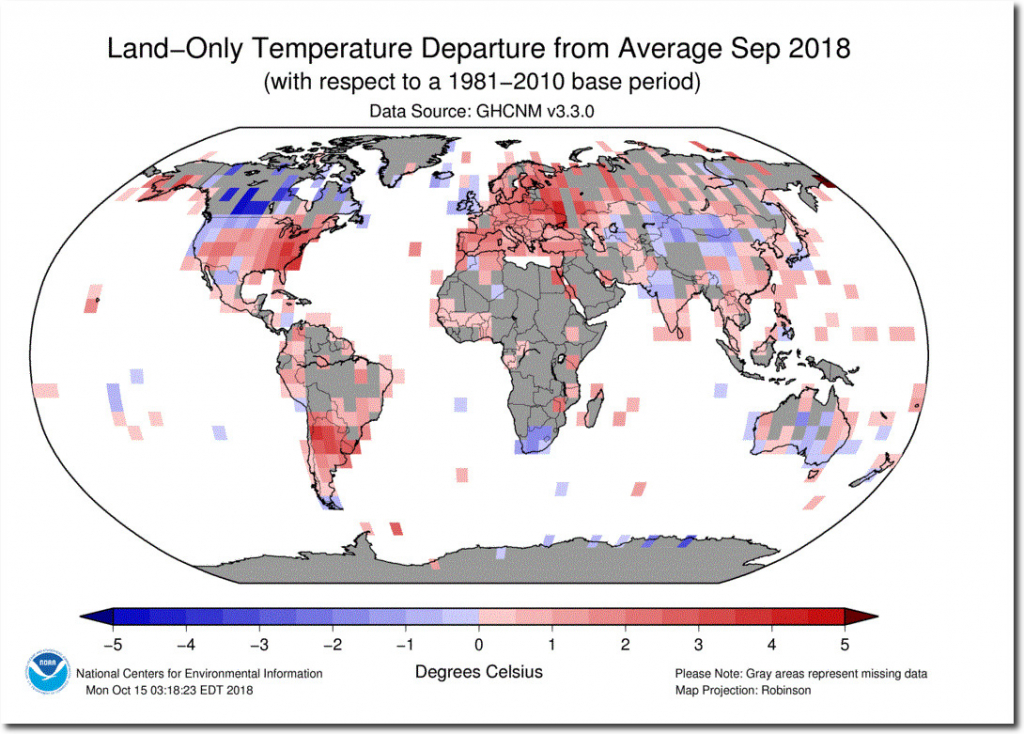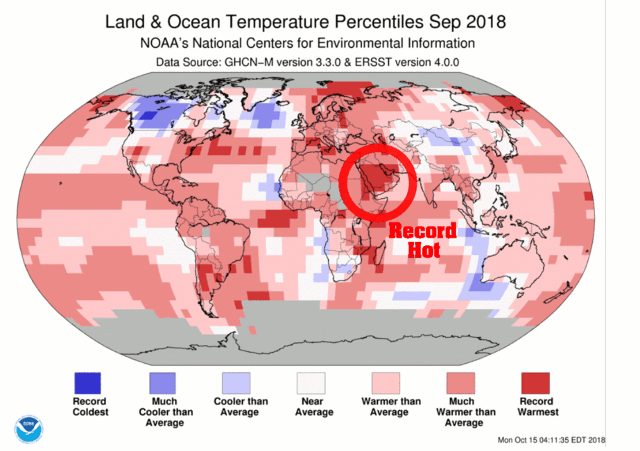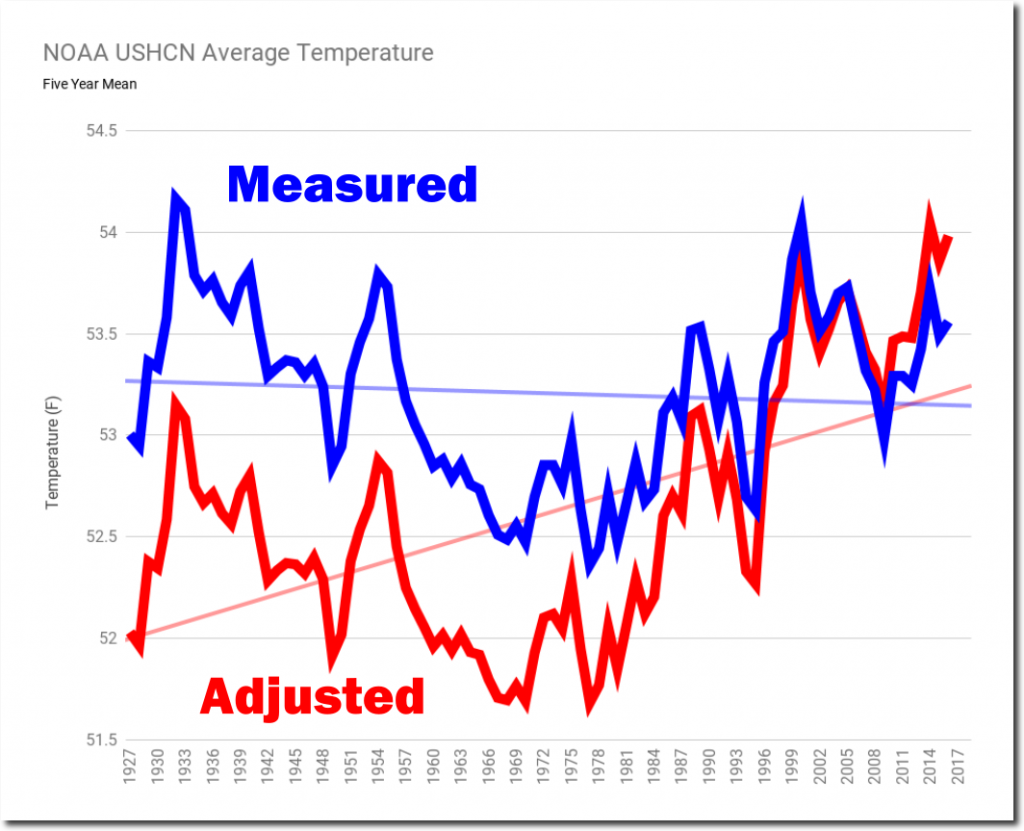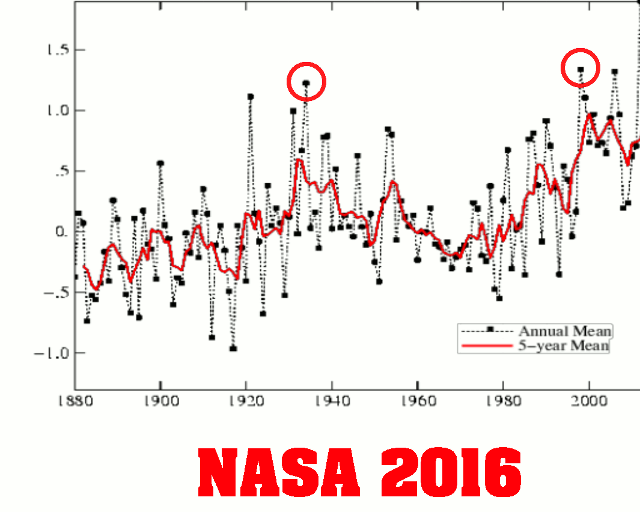Agreed. That's my whole issue; it's not whether or not it's happening, it's what people, Democrats, think that they therefore have a mandate to do about it. In some ways, I'd rather not argue about whether it's happening, and instead shift it to what are we going to do about it. My 'null hypothesis' is that we do nothing about it wrt making new laws, and we instead just let people figure it out themselves, as individuals first, then as local municipalities, then counties, then states, and then and only then do we even consider making new federal laws. I'm open to competing views, but that's my view starting out.
Actually, that's what's going on now, to a large degree. Ironically, Trump is actually encouraging libertarian approaches to the problem by denying what's happening. Cities, states, and corporations are just going around him, and doing some right things anyway. A lot of the right things are economically viable to begin with, and a lot more of it is a matter of pruning away laws and restrictions written to favor oil and coal producers. In some states, for example, utilities and fossil fuel producers are lobbying to penalize people for having solar panels on their houses. We need to target the things that hamper innovation first.
Hard lessons make us smarter. And while people die everyday for all sorts of reasons, I don't think that many people will die learning the hard lessons of human-caused climate change,
Not in this country. Maybe the High Plains, as farming and ranching start to suffer. But that's happened before, and few people died, as the farmers fled to other regions to start over.
Storms are still storms, even if they are more frequent and stronger, building codes just have to improve. And rising sea levels are not a thing that we won't be able to see coming from a mile away. Nobody's going to wake up with their homes under water. Mostly.
We're going to be O.K. mostly. A little less prosperous, maybe, unless technology can save us. And it often does. Other nations, it might be worse. A lot worse. And that is the stuff of regional wars and disruption of commerce.
It's happened a few times in human history. I'd like to think we can avoid a collapse, but there are some historical precedents:
1177 BC: The Year Civilization Collapsed
https://www.amazon.com/1177-B-C-Civilization-Collapsed-Turning/dp/0691168385
Climate change seems to be the impetus for the much later invasions of nomadic tribes into the Roman, Chinese and Iranian Empires.
It's going to be more interesting in this world, I think.



